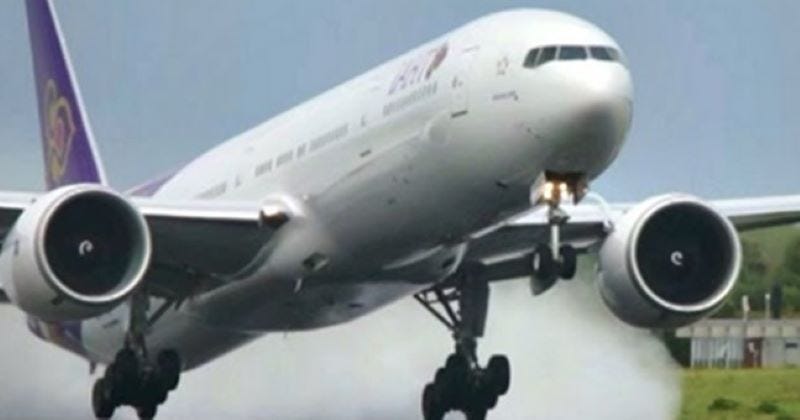Has Thailand's Junta Overcome the Protests?
Come fly with me, come fly with me do tra la
On November 8, shortly after midnight, Thai Airways Flight TG924, a Boeing 777, was widely reported lifting off from Bangkok’s Don Muang International Airport carrying King Maha Vajiralongkorn and a huge entourage of 250 retainers, concubines, and staff bound for Munich, Germany.
It was the first time the king had apparently felt secure enough to leave h…
Keep reading with a 7-day free trial
Subscribe to Asia Sentinel to keep reading this post and get 7 days of free access to the full post archives.


